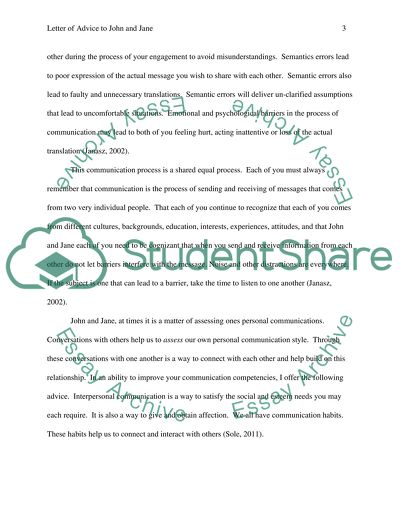Cite this document
(“Speach Term Paper Example | Topics and Well Written Essays - 2500 words”, n.d.)
Retrieved from https://studentshare.org/environmental-studies/1422979-speach
Retrieved from https://studentshare.org/environmental-studies/1422979-speach
(Speach Term Paper Example | Topics and Well Written Essays - 2500 Words)
https://studentshare.org/environmental-studies/1422979-speach.
https://studentshare.org/environmental-studies/1422979-speach.
“Speach Term Paper Example | Topics and Well Written Essays - 2500 Words”, n.d. https://studentshare.org/environmental-studies/1422979-speach.


